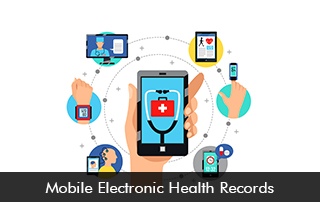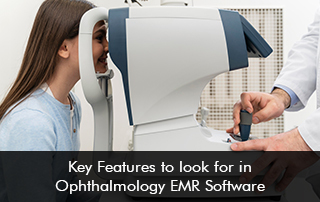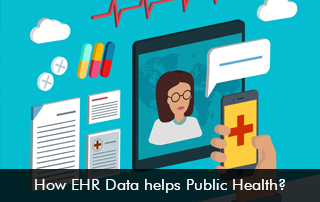Mobile Electronic Health Records
The way healthcare professionals access and handle patient information has been changed by mobile electronic health record (EHR) solutions. With the popularity of smartphones and tablets, care teams can now access vital patient data whenever and wherever they need to, which has a positive impact on efficiency, patient care, and overall healthcare results. In this [...]











